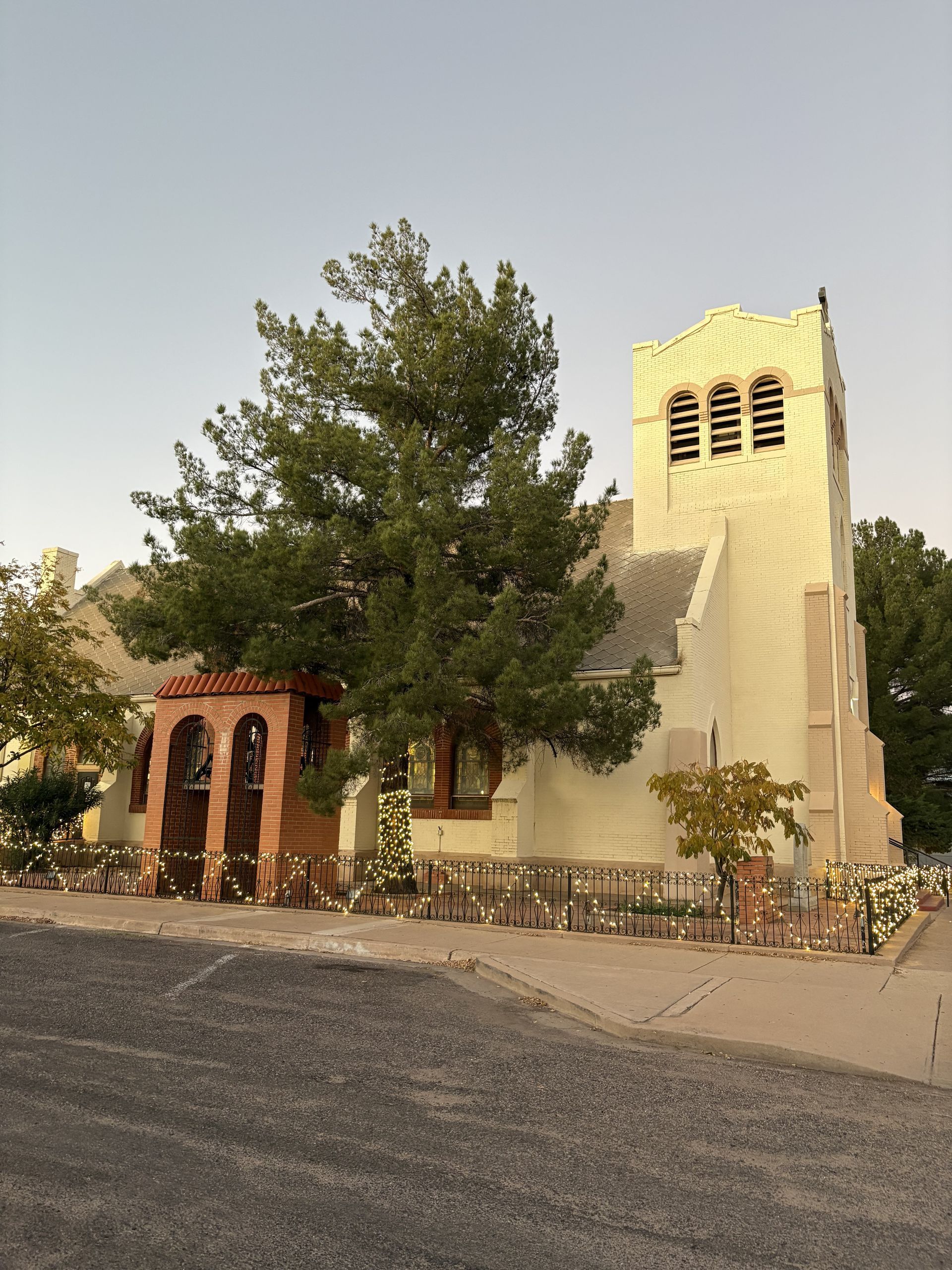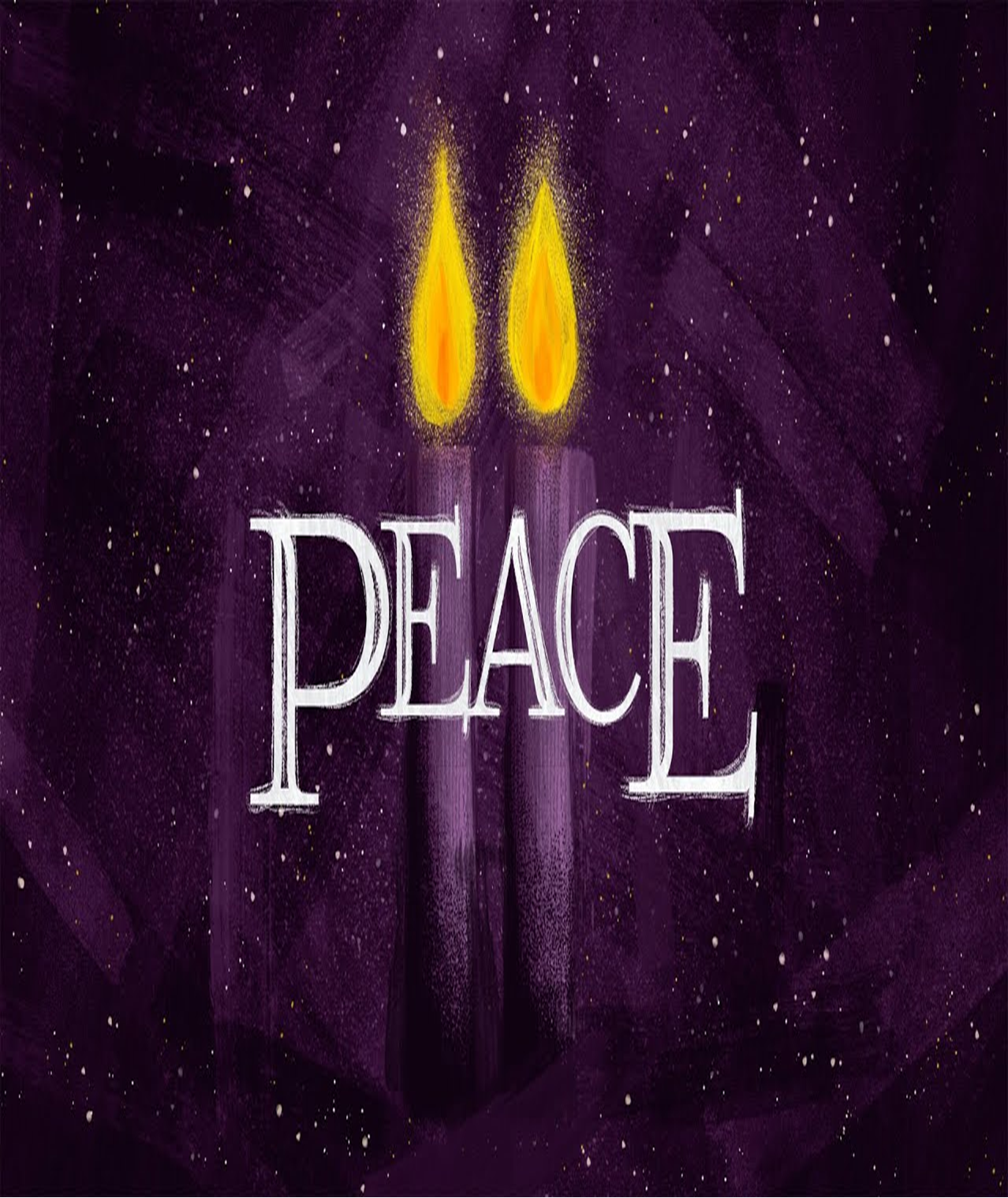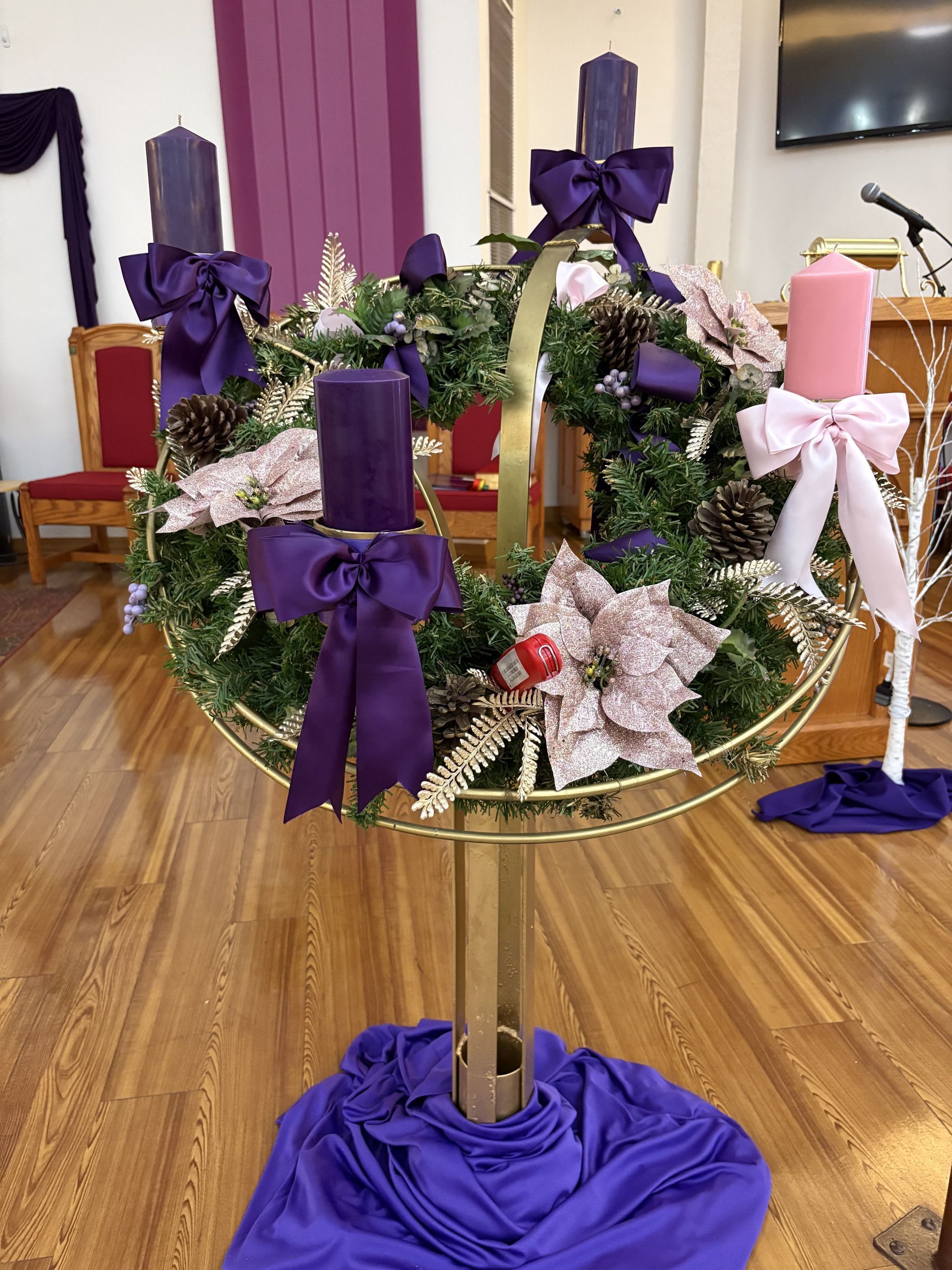REPENT AND BE FORGIVEN...

The Fourth Sunday of Lent is also called Laetare Sunday. This is the Sunday of rejoicing in the middle of the Lenten season. Many of us dread lent because of too much emphasis on self-denial and penitence such that there will be no transformed and redeemed life without our cooperation. The joy that lent brings is rebirth, repentance, and fullness of grace along with the joy of minds made pure. The Entrance Antiphon says it best, “Rejoice with Jerusalem and be glad because of her, all you who love her; Exult, exult with her, all you who were mourning over her! Oh, that you may suck fully of the milk of her comfort, that you may nurse with delight at her abundant breasts!” (Isaiah 66: 10-11).
The Fourth Sunday of Lent is also Forgiveness Sunday. I don’t know any story of repentance, reconciliation, and the joy of forgiveness that befits the season than the familiar and yet shocking Parable of the Prodigal Son (and the Generous Father). Jesus told this parable against the background of the complaint of the pharisees and scribes to the tax collectors and sinners drawing in droves to listen to his inspiring words. “This man welcomes sinners and eats with them”, is Christianity 101. The parable of the prodigal son is meant to tell us the depths of God’s mercy and divine forgiveness. And a lesson, too to those who tend to be self-righteous.
In this episode, we will reflect on the movement of conversion of the younger (prodigal) son who strays, repents, and returns. “I shall get up and go to my father and I shall say to him, Father, I have sinned against heaven and before you, I am no longer worthy to be called your son” (v. 18). The father’s words to the older son, “your brother was dead and has come to life again” (v. 32). Now we must celebrate and rejoice because your brother was dead and has come to life again. He was lost and has been found. These verses provide a summary of the parable.
A man had two sons. The story is a little tricky because even though it appears this is about the prodigal Son as per title, looking closer at the opening verses gives us hints that this is about this man who had two sons. The younger one who had a right to one-third of the property, suddenly without any provocation, regrettably demanded his share of the estate, which was unimaginable in that culture. Under any circumstance should a child do that out of respect. Although the asking of the share of inheritance was legal in an honor and shame culture, it was not appropriate. If you do which the younger son actually did, renders your parents good as dead. The level of culpability is too much to bear and upsetting.
The father, in a gesture that defied cultural norms, gave the younger son his share of the estate. Then, he left and went off to a distant country. There he spent all his inheritance on loose living. Realizing he hit rock bottom by tending the swine in the farm of a local citizen, even yearning to eat the pig’s food, he came to his senses. He knew he was in deep trouble and reached the point of no return, but was in denial for some time until finally, he owned the situation. He claimed responsibility. He said, mea culpa, mea culpa, mea maxima culpa. I messed up. I can't go down anymore. I have sinned period. That’s a fact. He thought he forfeited his sonship. Knowing that his father’s laborers were better off than he. He resolved, “I will get up and go to my father, and I will say to him, ‘Father, I have sinned against heaven and earth and before you; I am no longer worthy to be called your son; treat me as one of your day laborers.’ And he got up and went back to his father.” Do you have to wait to reach the bottom of your life to realize it? Not really.
And now comes the section about the return to the father which is incredibly unreal. While he was still a long way off, still at a distance, perhaps just a glimpse or a shadow came through, his father caught sight of him and was filled with compassion and ran and embraced him and kissed him. The way I see this, the father (all the while) must have been waiting for him since (the day) he left. And the son said, “Father, I have sinned against heaven and before you, I am no longer worthy to be called your son.” Lo and behold, the father didn’t even let him finish his well-rehearsed speech. The return was all mattered to him. The embrace and the kiss were enough. No explanation was necessary. Tha father didn't even ask to pay for the damages done, the shame and embarrassment inflicted on the family, not to mention the stress of waiting forever. Not only that. The father said to his servants, “Quickly, bring the best robe, and put it on him; and put a ring on his hand, and sandals on his feet; and bring the fatted calf and kill it, and let us eat and make merry because this son of mine was dead and has come to life again; he was lost and has been found”. Then the celebration began. By the way, if there's any reason to party, it is the return of the prodigal son, the real party to celebrate.
The father showed unconditional love by his compassionate gesture, that he ran to meet him and put his hands around him. By giving him a robe, a ring, and sandals, he restored the recalcitrant kid (the black sheep in the family) to his former dignity as a son and not a servant. No words can completely express the father’s excitement and unrestrained joy upon his son’s return that he immediately, declared a feast. Bring everything out reserved only on special occasions. Go into my closet and pick the fancy robe that still has price tag on it.
The older son which represents the self-righteous side of faith became angry, jealous, bitter and worse, declined to join the party. He ended up as a loser. He pushed the hate button. He mistakenly thought that God's love and eternal salvation was something that can be solely attained through good works. He depended on it. Perhaps, he also needed to repent. Or if you want to rephrase it, you can it the parable of the prodigal family. Switching of roles works too in this parable such as the parent messing up and coming back to senses and needed to return and ask forgiveness from children.
Finally, this extraordinarily dramatic parable is about the unfathomable nature of God's love which none of us will ever comprehend until the next life. All you have to do is repent and guaranteed God will forgive you. The parable of the younger son shows us two aspects of God’s forgiveness. Repent and be Forgiven. Paul’s second letter to the Corinthians in the second reading tells us the transforming effects of being reconciled to God. God has placed us in Christ. Whoever is in Christ is a new creation. The old things have passed away, behold, new thing have come” 2 Cor. 5: 17. Reconciliation in Christ is the very purpose of any ministry. God has reconciled us to himself through Christ. Reconciliation then, is a gift of God, an initiative coming from him. Paul says, “We implore you on behalf of Christ, be reconciled to God” (2 Cor. 5:20).
For further reading, please click here for the text of St. John Paul II's Apostolic Exhortation Reconciliation and Penance published in 1984 which is so rich and devoted quite extensively on the parable of the Prodigal Son.



